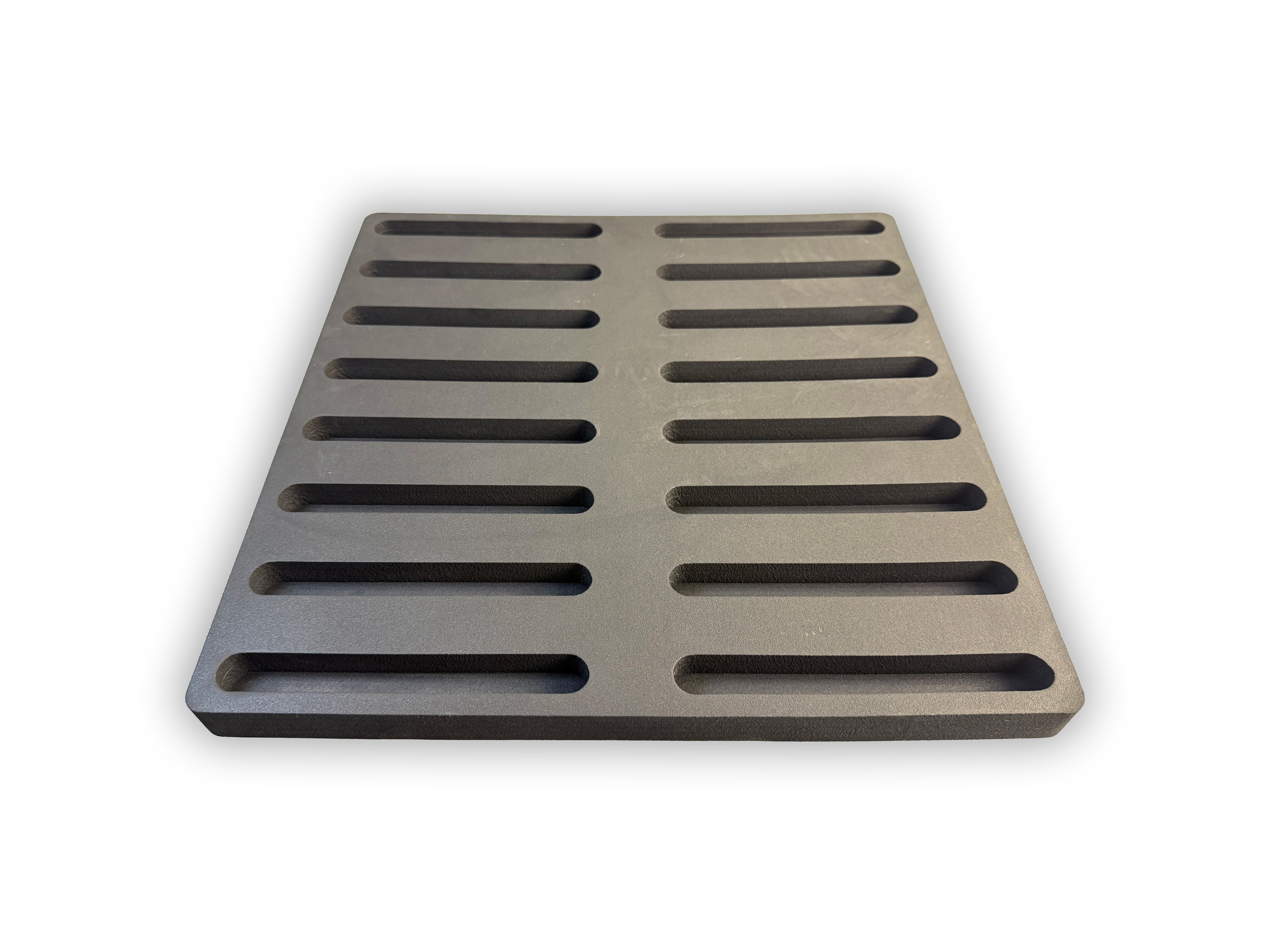How to Cut High-Density Foam at Home
2025-08-04
Working with high-density foam can be tricky if you don’t have the right tools or techniques. Whether you're crafting custom cushions, protective packaging, or DIY sports gear, precision cutting is essential. This article will guide you step-by-step on how to effectively cut high-density foam at home using tools you likely already have, or can easily acquire.

Table of Contents
- Tools Needed to Cut High-Density Foam
- Step-by-Step Guide to Cutting High-Density Foam
- Pro Tips for Clean and Safe Cuts
- Applications for High-Density Foam
- Fubo: Your Source for Professional Foam
- Summary Table
- Reference Links
Tools Needed to Cut High-Density Foam
Cutting high-density foam doesn't always require expensive equipment. Below is a list of tools commonly used for precision foam cutting:
- Electric carving knife: Ideal for thick and dense foam.
- Hot wire foam cutter: Perfect for smooth, precise cuts, especially with intricate shapes.
- Utility knife or box cutter: Best for smaller or thinner pieces of foam.
- Long serrated knife (bread knife): Good for straight cuts.
- Straight edge or metal ruler: Ensures accuracy in measurement and cuts.
- Marker or chalk: For outlining your cut lines.
- Cutting mat or board: Protects your work surface and ensures clean edges.
Step-by-Step Guide to Cutting High-Density Foam
Step 1: Measure and Mark
- Use a metal ruler or T-square to measure your desired size.
- Mark the cutting lines with a fine-tip marker or chalk.
Step 2: Secure the Foam
- Place the foam on a flat, stable surface, such as a cutting mat or wood board.
- Use clamps if needed to keep the foam from shifting.
Step 3: Choose the Right Cutting Tool
- For small projects: A utility knife with a fresh blade will do.
- For large or thick foam: Use an electric carving knife or hot wire cutter for clean results.
Step 4: Make the Cut
- Cut slowly and steadily—rushing can cause jagged edges.
- If using a utility knife, make several light passes instead of one deep cut.
Step 5: Smooth the Edges (Optional)
- Use a fine-grit sanding block or sandpaper to smooth rough edges.
Pro Tips for Clean and Safe Cuts
- Always use a sharp blade – dull blades tear the foam.
- Use gentle, consistent pressure – don’t force the blade through.
- Practice on a scrap piece first to get a feel for the tool and material.
- Keep your cutting area well-ventilated when using hot wire tools due to fumes.
- Wear safety gloves and eye protection as needed.
Applications for High-Density Foam
High-density foam is widely used due to its durability and resilience. Common home and industrial applications include:
- Custom seat cushions and upholstery
- Protective packaging for electronics or glassware
- DIY sports equipment padding or helmets
- Drone component protection and cushioning
- Swim boards and floating pads
- Soilless hydroponic culture boards
Fubo: Your Source for Professional Foam
Looking for professionally manufactured high-density foam? Fubo is a trusted supplier based in Dongguan, China, serving industries around the globe with custom solutions. Their product line includes:
- Customized EVA foam inner lining: Ideal for protective packaging and precision inserts.
- EVA foam swimming board: Durable and buoyant for training and recreation.
- EVA toys with numerical letters: Educational and safe for children.
- EVA cushioning and protective material: Shock-absorbing layers for appliances and hardware.
- Soilless culture foam board: Perfect for hydroponic growing systems.
Fubo specializes in OEM and ODM services, ensuring you get exactly what your application requires, whether it's for consumer goods, electronics, or new energy industries.
Summary Table
| Topic | Details |
|---|---|
| Best Tools | Electric knife, hot wire cutter, utility knife, serrated knife |
| Preparation | Measure, mark, and secure foam before cutting |
| Cutting Tips | Use sharp blades, light passes, consistent pressure |
| Applications | Seats, packaging, sports gear, hydroponics |
| Fubo Products | EVA foam boards, liners, toys, cushioning materials |
Reference Links
- Instructables - How to Cut Foam
- WikiHow - Cut Foam
- Foam by Mail – Cutting Tips
- Fubo Official Website (if available)
